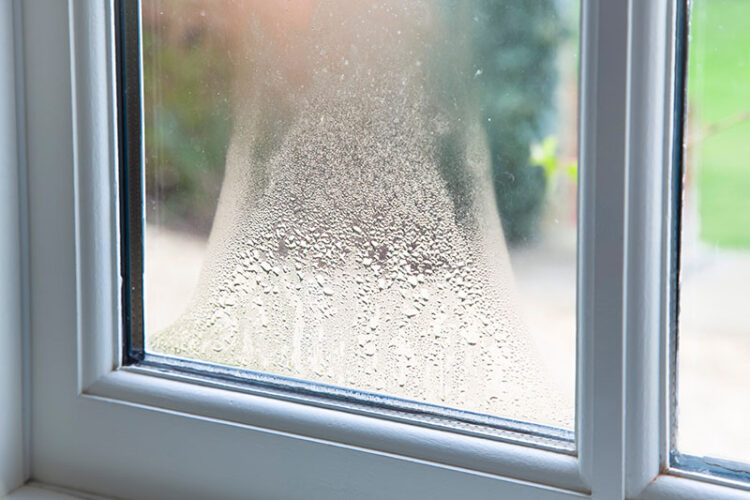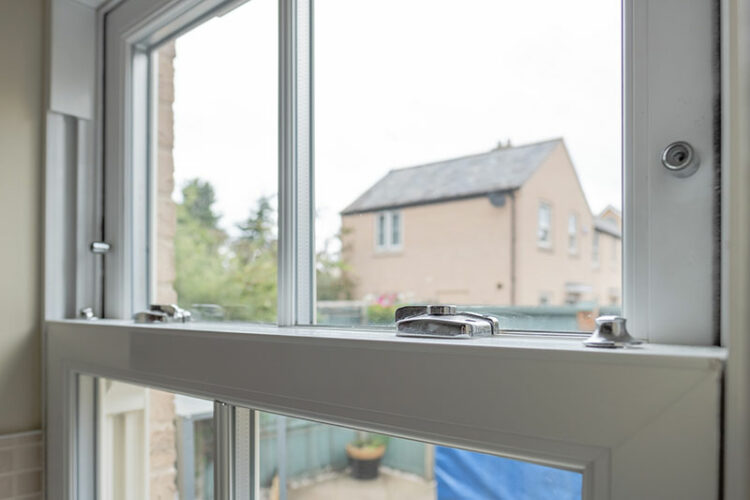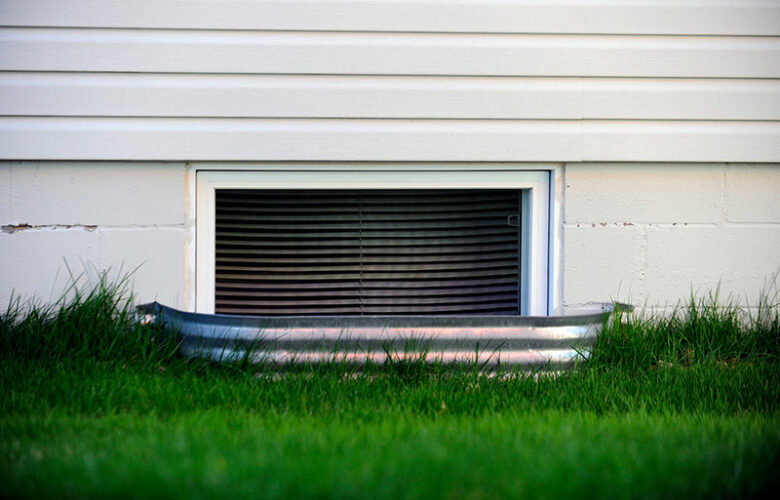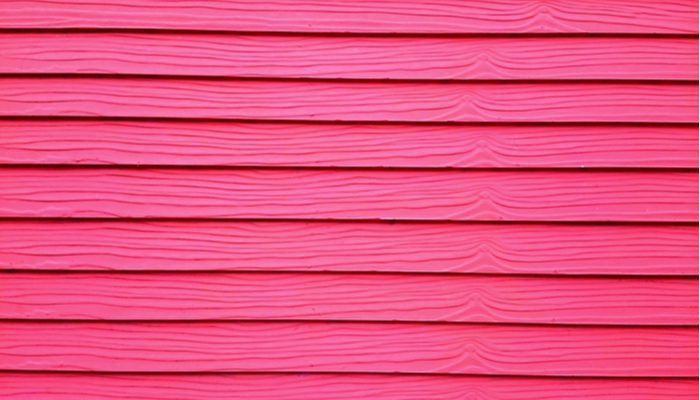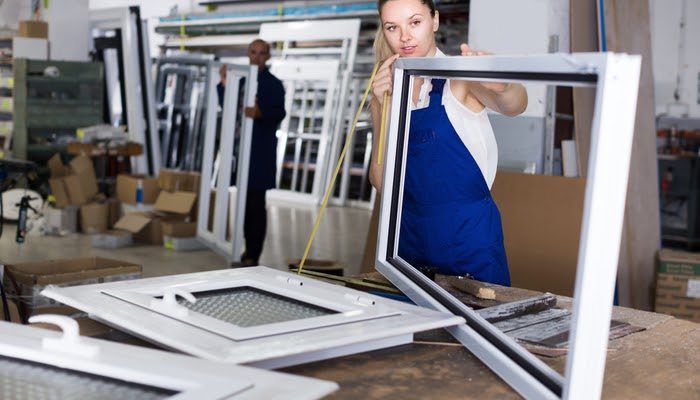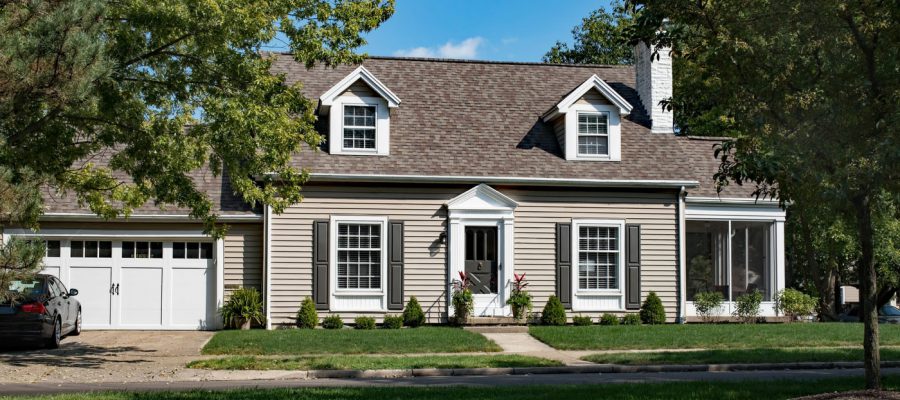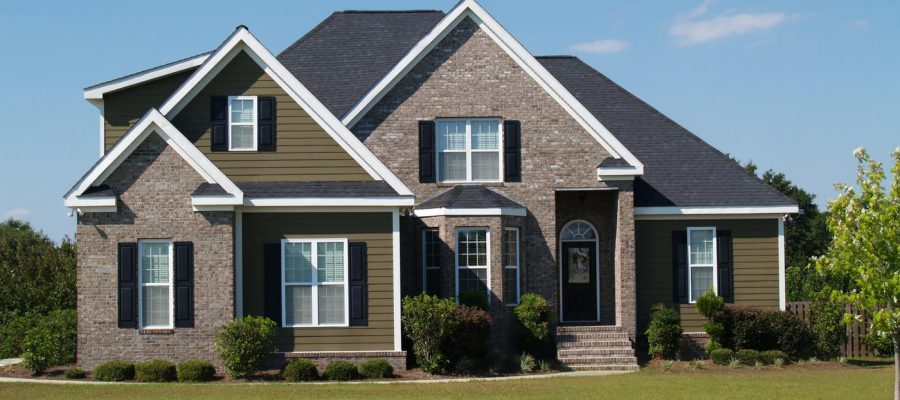How to Weatherproof Your Home

For new homeowners, buying a home is a big accomplishment. However, you need to keep in mind that it’s only the beginning. To keep your home in great shape for years to come, you’ll need to deal with the biggest threat: the weather. Are you wondering how you can protect your home against this natural enemy? Of course, you can’t control the weather conditions, but there is a lot you can do to prevent possible damage and minimize it when it occurs.
There are many things you can do to keep your utility costs low and your home structure safe—and most of them don’t even require professional skills. Check out our list of the best ways to protect your home from the weather, save on your bills, and be eco-conscious to preserve the environment.

Weatherproof your exterior walls
This is a general piece of advice to make sure the walls of your home, the surfaces that mother nature affects most, are in good condition. The walls of a house, both old or new, have a very important function.
The outside surface of your home has to be waterproof and to repel the weather. Luckily, it is obvious enough when the outside of the house has lots of cracks, the walls are covered in moss, there is loose rendering, or there are bald spots where pebbledash used to be. These are all signs that the house is probably going to let water in, meaning that it is no longer waterproof or weatherproof.
Get a Free Estimate Today
50% off installation. Special financing available. See details.
Insulate
Whether you live in a warm region of the country or a cold one, insulating your basement and attic is one of the best things you can do to keep cooling and heating costs down. Every fall and spring, check to make sure there aren’t any gaps or cracks allowing outside air in (or inside air out).
Summer or winter, one thing is sure – the temperature outside doesn’t match the temperature inside your home, so unless you have weatherproofed windows, and your house is properly sealed, the weather conditions have a great chance of affecting the inside.
A leaky house can influence the consumption of your air and heating system, which leads to higher utility bills and environmental stress. Taking a few simple, inexpensive steps can lower your utility bills and help save the planet.
Basement and attic insulation is not cheap, but it will also give you the biggest return on investment because huge amounts of heat can be lost through under-insulated crawl spaces, basements, and attics.
If you have a cellar, it is probably prone to condensation, mold, dampness, algae, and flooding, since it’s underneath the ground. The space also needs to be ventilated, but make sure the ventilation outlet or shaft does not allow water to get into the room during rainfall. There are many ways to damp-proof a basement; the most common one is known as “tanking” and includes the application of a durable waterproof material to the walls.
Install storm windows properly
If you have old windows, you need to check that they are in good condition and correctly closed all around your house. Storm windows offer an additional layer of protection against the cold air. Caulking around old windows can also work wonders.

Add honeycomb cellular shades
These help keep drafts and cold air out, not just from the window, but from around the window frame too. You should lower them at night when the temperature is lower and open them during the day to use solar energy to warm up the house.
Door draft stoppers
You can either buy a door draft stopper or even make one yourself. Put them along your outside doors to help keep away cold winter air that may come from underneath.
Fix leaks around windows and doors
An easy test is to light a candle and move it around the window and door frames in your home. If the candle flickers, there is a draft coming in. Patch the drafty areas with weather stripping or caulk. Weatherproofing windows is one of the most important improvements you can make.
If patches of mold or water stains appear around your windows, you can be sure that is where the issue lies. A simple external visual test should determine if your windows are keeping the weather at bay.
If the windows are wooden, check that the frames are not rotting. Also, check to see if the panes of glass are sealed in properly with caulk or putty around the edges of the glass. Wooden windows need to be adequately painted to repel frost, rain, etc. These are issues that should not be overlooked, especially if you plan to put your home on the market any time soon.
Buy a water heater insulating blanket
Insulating your water heater helps save energy by reducing the heat that gets lost through the sides of the water heater by 25-40%.
Get a programmable thermostat
Getting a programmable thermostat that automates indoor temperature and can save about $200 in annual cooling and heating costs. Choose between a unit with remote access (smart home technology) or without it. If you’re replacing an old thermostat, you can do it yourself; but if you’re putting in a whole new system, you will want to hire a pro.
Weatherstrip the house
Sealing gaps around windows and doors can make your house feel warmer and save you 10-15% on energy bills. Modern doors use weatherstripping that fits into the door casing. If your door is set up this way, then you only need to push the cut strips into the groove around the door casing. If you have an old door system, then you will have to get the self-adhesive foam weatherstripping and fit it into the area around your door.
Are you looking for new windows, roofing or siding to help weatherproof your home? Feel free to contact 1-800-HANSONS for a free estimate.


